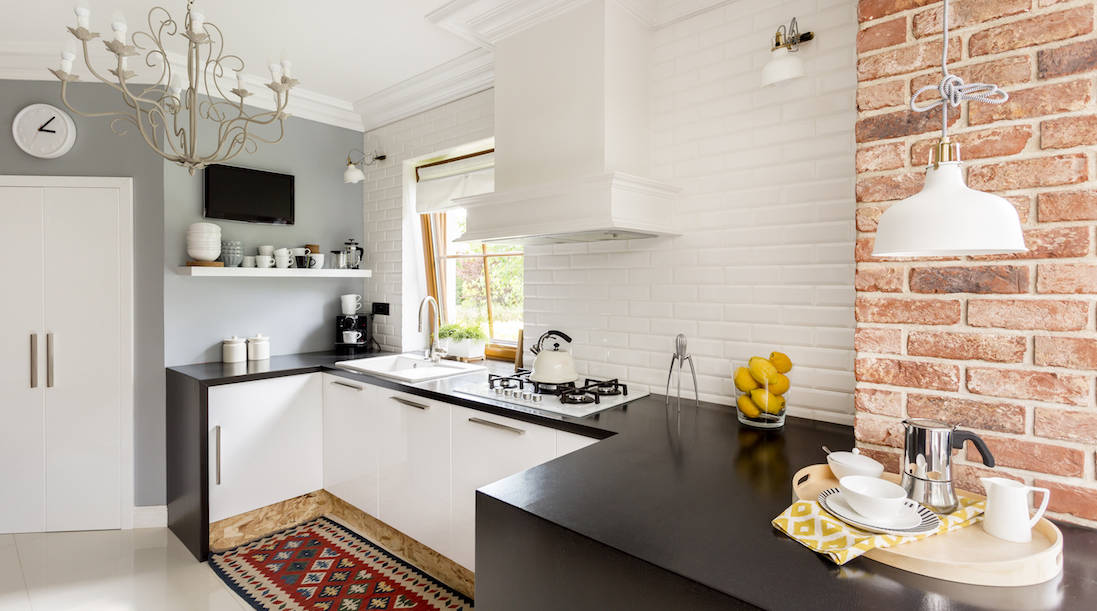What to Expect When Moving From a Small Town to a Big City
After another restless night dreaming of the diverse culture, thrilling entertainment and seemingly endless possibilities in the city, you finally decide to take the plunge and start preparing to move. While small town living certainly has its upsides, you are far from alone: many people hope to leave their suburban or rural homes to start a new life in a metropolitan area.
Even if you have found a job, a place to stay and made your moving checklist, you should prepare for many other changes. Luckily, a bit of research and forward thinking can bypass the growing pains as you adapt to your new home. Learn more about what to expect and make moving to your new hometown a breeze.
Working and Living in the Big City
The most immediate decision to make when moving to any town includes where you will live and what you’ll do for work. While the big city indeed offers more options, jumping into a new lifestyle comes with many day-to-day changes that you may not realize. These changes can be drastic and can play a massive role in where you go and what you do.
For example, moving to the city may mean leaving a bigger house behind and sizing down to an apartment. Living in the apartment can include several changes like the loss of parking spots, washers and dryers, and even dishwashers. Without these, you may find yourself parking down the street, crossing town to do your laundry, or hand washing your dishes. These activities take up a considerable amount of time.

Apartment dwellers must also consider which floor will work best for their lifestyle. If you live on the bottom floor, stairs are avoidable, and access is relatively more straightforward. Top level apartments don’t worry about the noise from upstairs neighbors.
It’s also important to consider how far you live from where you work and how you will get there – you may see an increase in commuting time, based on what method of transportation you take to work.
Living near your work may not always be possible but living in town may make it easier to find jobs nearby. Be sure to do your research about job markets and office buildings wherever you wish to go and pay attention to bus and subway stops for a more efficient commute.
Ditch Your Car and Explore the City by Foot or Bike
One of the most significant changes in the city is the availability of public transportation and the lack of urban sprawl. In many cities, owning a car is often impractical. Traffic and parking are serious obstacles that are sometimes better to avoid. Many people embrace walking or biking, as they are great ways to find out about things going on in your neighborhood and it costs less than maintaining a car.
But don’t worry about ditching your car – many cities offer trains, buses, shuttles, and biking paths as alternative transportation options for city inhabitants. You may even find that apps like Uber and Lyft are more popular in the city, and may cost half as much as a taxi.
Taking longer but cheaper transportation does come with perks. Take advantage of your commuting downtime by listening to a podcast or audiobook. You may find that living in a city is more educational than you thought. Plus, you get to see so more of the town itself when you’re not distracted by driving, and meet more people on your way to work every day.
Budgeting and Day-to-Day Living Adjustments
While there is an noticeable rise in cost of living in most cities, you may not anticipate other changes involving budgeting and day-to-day tasks. Hidden costs like the rise in car and renters’ insurance or higher utilities can stack up quickly, so it is essential to budget conservatively until you have a clear grasp on how much necessities cost on a monthly basis.

However, many cities often have bodegas, corner stores, and neighborhood markets that may make shopping easier than driving to the closest store. And, thanks to the rise in food delivery and apps, shopping stress can be avoided altogether with grocery services like Amazon Prime.
One of the significant benefits of living in the city is the availability of cheap, delicious food almost 24 hours a day. Instead of going to a larger corporate restaurant, consider trying small businesses and restaurants in your neighborhood. Building relationships with folks at your favorite restaurant or bodega will go a long way in making you feel at home in your new community.
Get Lost in the Size
Some people adapt to the city culture quickly, while others have more trouble figuring it out. You will inevitably get lost as you try to find your way around, but don’t look at every missed turn or wrong train as a failure: embrace these opportunities to explore somewhere new. Cell phone map apps are great for when you first move into town but challenge yourself by weaning off every day. After a month or two you will be surprised how much you learn about traveling through your neighborhood, and you may find a handful of hidden gems along the way.
Also, major cities like New York and Chicago are known for there tower-filled downtown areas. Many major cities are known for building up rather than out, so you may experience climbing more stairs that you ever had before. Of course, nothing beats the slight of a city skyline at night from on top of a skyscraper, and many of those building take advantage of the space by adding rooftop gardens.
Meeting New People and Things to Do
Once you’ve got the necessities covered, it’s time to live it up and enjoy all of the fantastic things to do in the city–though it can sometimes feel hard to meet people and make friends in the city. Consider joining a book club, volunteering for a nonprofit or joining a community organization. In small towns, you can take for granted how beautiful it is to know a lot of people, but the anonymity afforded in the city is kind of luxury.

Living in larger cities also means being surrounded by drastically more people. With more people comes more diversity, and you may find yourself learning more about other cultures that you have never encountered before.
There are always things to do in a big city, but it is important to prioritize time for self-care too. FOMO is real, but so is the fatigue of working hard and partying harder. Take some time off to enjoy a movie or relax on the couch so you can appreciate all of the fun and exciting things you will do when you are back to 100%. And, of course, always take the time to revisit your small town roots for a breath of fresh air.






Write Your Comment